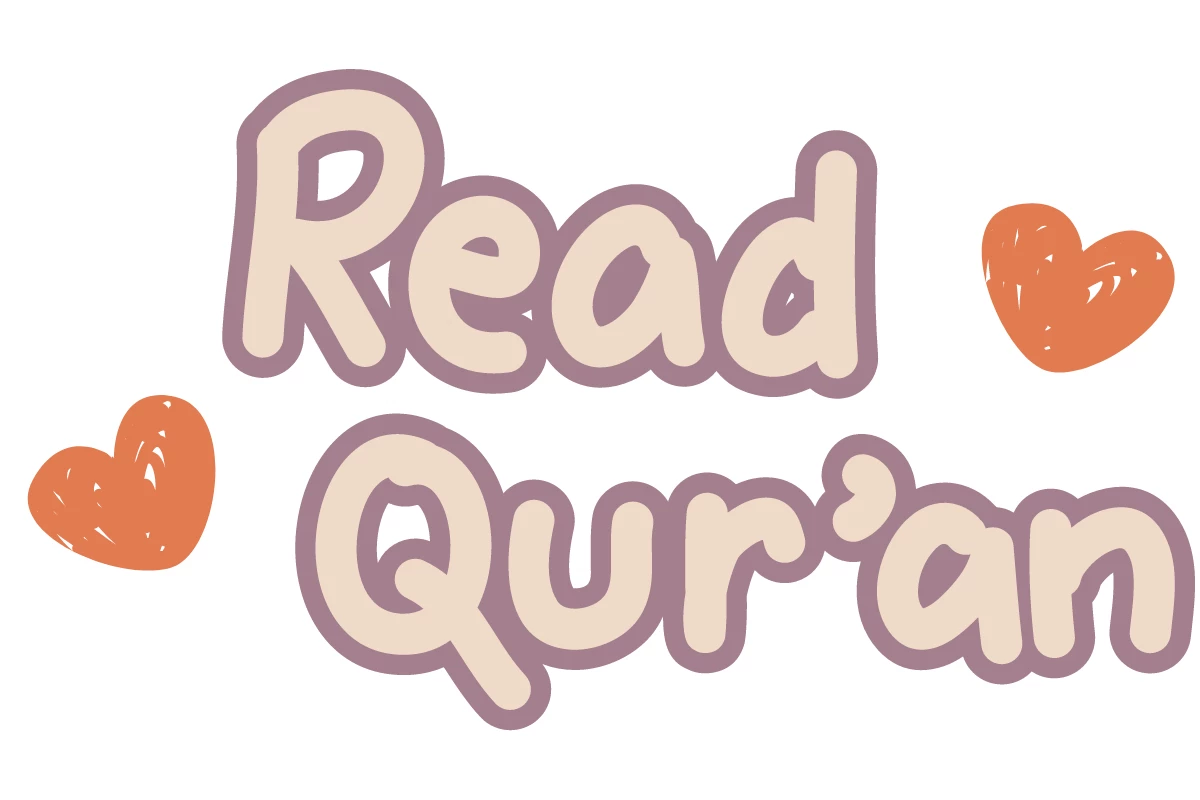Understanding the Quran in order of revelation can offer important pieces of information into the improvement of Islamic illustrations and the old setting of the glorious messages. In this pamphlet, we will investigate the meaning of concentrating on the Quran in its sequential request and how it might enliven our data of Islam.
The Traditional Order vs. Chronological Order
Traditional Arrangement
Chronological Order
The chronological order, then again, refers back to the collection wherein the verses and surahs were discovered to Prophet Muhammad over the path of 23 years. This order gives an ancient perspective on the development of Islamic teachings and the slow revelation of divine steering.
Why Study the Quran in Order of Revelation?
Studying the Quran in its chronological order offers numerous advantages:
- Historical Context: It facilitates our understanding of the historical context wherein each surah turned into discovered, providing insights into the demanding situations faced by the early Muslim network.
- Gradual Development: We can take a look at the slow improvement of Islamic teachings and the way they were added to the community through the years.
- Thematic Progression: The chronological order well-known shows the thematic progression of the Quranic message, from foundational ideals to greater complicated social and prison subjects.
- Understanding Abrogation: It aids in informing the idea of abrogation (naskh) in Islamic jurisprudence, where later revelations can also modify or update earlier ones.
- Deeper Appreciation: It lets in for a deeper appreciation of the Quran’s shape and the information in the back of its slow revelation.
The Chronological Order of Revelation
While there is no universally agreed-upon chronological order, students have proposed diverse sequences based on historical reviews and textual analysis. Here’s a preferred definition of the chronological order of revelation:
Meccan Period (610-622 CE)
The Meccan period is divided into three phases:
Early Meccan Period
Emphasis on monotheism (Tawhid)
Short, rhythmic surahs
Focus on the Day of Judgment
Examples of surahs from this period:
- Al-Alaq (96)
- Al-Qalam (68)
- Al-Muzzammil (73)
Middle Meccan Period
- Longer surahs
- More detailed stories of previous prophets
- Arguments against polytheism
Examples of surahs from this period:
- Yunus (10)
- Hud (11)
- Yusuf (12)
Late Meccan Period
- Transition to more complex themes
- Preparation for the establishment of an Islamic society
Examples of surahs from this period:
- Al-Isra (17)
- Al-Kahf (18)
- Maryam (19)
Medinan Period (622-632 CE)
The Medinan period is characterized by:
- Longer surahs with detailed legal and social regulations
- Guidance for the Muslim community and state
- Interactions with other faith communities
Examples of surahs from this period:
- Al-Baqarah (2)
- Al-Imran (3)
- An-Nisa (4)

Impact on Islamic Studies and Practice
Understanding the Quran arranged by disclosure has huge ramifications for Islamic examinations and practice:
Tafsir (Quranic Analysis)
Researchers of Tafsir frequently allude to the sequential request to give setting and make sense of the implications of sections. This approach helps in:
Clarifying ambiguous verses
Resolving apparent contradictions
Providing a more nuanced interpretation
Islamic Law (Fiqh)
The chronological order is crucial in deriving Islamic legal rulings:
- It helps determine which verses may abrogate others
It gives setting to the continuous denial of specific practices (e.g., the phases of restricting liquor).
Seerah (Prophetic Life Story)
Concentrating on the Quran arranged by disclosure improves how we might interpret the Prophet’s life and mission:
It adjusts Quranic disclosures to enter occasions in the Prophet’s life.
It showcases the divine support and guidance provided to the Prophet throughout his mission
Challenges in Deciding the Specific Request
While concentrating on the Quran arranged by disclosure is significant, it’s critical to take note of that deciding the specific ordered grouping represents a few difficulties:
- Limited Historical Records: Not all revelations have clear historical contexts recorded.
- Gradual Revelation: Some surahs were revealed over extended periods, making it difficult to place them in a precise order.
Insightful Conflicts: Various researchers might propose marginally unique sequential orders in view of their understandings of accessible proof.
Regardless of these difficulties, the general layout of Meccan and Medinan surahs gives a strong system to grasping the Quran’s sequential turn of events.

Assets for Concentrating on the Quran Sequentially
For those interested in exploring the Quran in order of revelation, several resources are available:
- Academic Works: Scholarly books and articles that discuss the chronological order and its implications.
- Online Courses: Many Islamic educational platforms offer courses on the chronological study of the Quran. Our own Online Quran Islam Academy provides comprehensive courses on this topic.
- Specialized Quran Editions: Some publishers offer Quran editions arranged in chronological order, with commentary explaining the historical context of each surah.
Computerized Applications: A few portable applications and sites give highlights to peruse and concentrate on the Quran in its request for disclosure.
For an academic point of view on the sequential request of the Quran, you might track down the article “The Ordered Quran: The Quranic Worldview” from the Diary of Qur’anic Studies.
Conclusion
Focusing on the Quran as a divulgence offers an absolutely unique and further developing mindset on Islam’s holy computerized book. It permits us to hint at the development of Islamic teachings, recognize the ancient context of divine revelations, and respect the information behind the slow unveiling of Allah’s message.
While the traditional association of the Quran remains paramount for recitation and memorization, the chronological approach serves as a valuable device for a deeper look at and information. By combining both approaches, students of the Quran can gain a greater, complete, and nuanced appreciation of its undying wisdom.
Whether you are an amateur seeking to apprehend the fundamentals of Islam or a complicated scholar seeking to deepen your Quranic information, exploring the Quran in its order of revelation may be a transformative joy. It brings the ancient context of the revelations to lifestyles and helps us higher recognize the slow unfolding of Allah’s steerage to humanity.
At Online Quran Islam Academy, we offer publications that delve into this captivating difficulty of Quranic studies. Our professional teachers manual college students via the chronological collection, offering valuable insights and contextual expertise to enhance your journey with the Quran.
Leave on this edifying experience of disclosure and extend your reference to the Quran through investigating its disclosure in sequential requests. A course guarantees to improve your insight, strengthen your confidence, and open new aspects for your dating with Allah’s never-ending message.






Online Quran Academy | Enroll at Online Quran Islam Academy » Online Quran Islam Acadmey
our diverse range of courses designed for students at all levels of Quranic proficiency beginner or seeking advanced studies, our certified instructors ensure
Quran Index: Navigate The Holy Book With Ease
[…] Quran, the holy book of Islam, is a vast and profound text that contains guidance for all aspects of life. For both new and […]